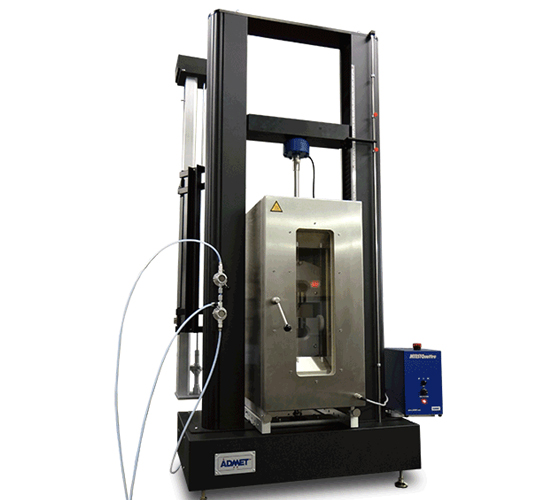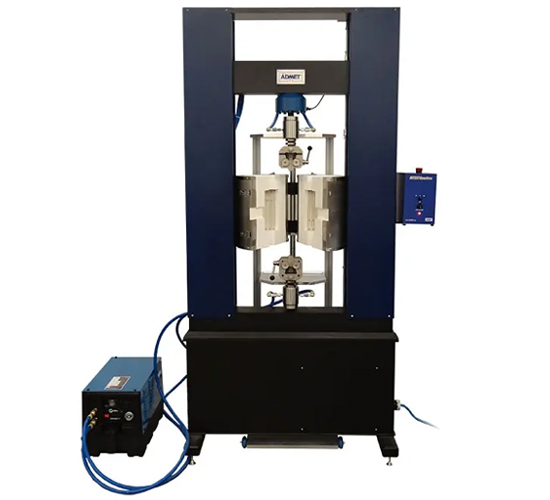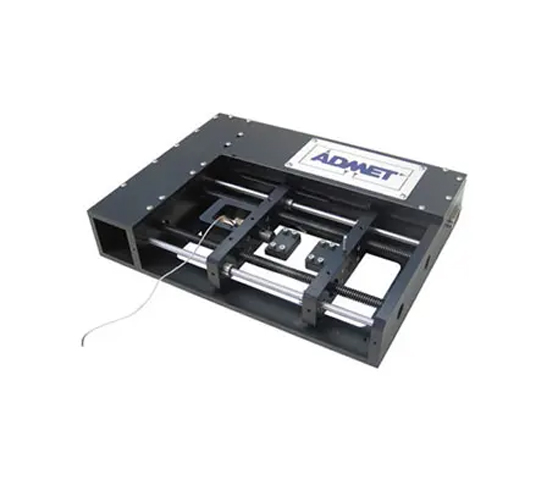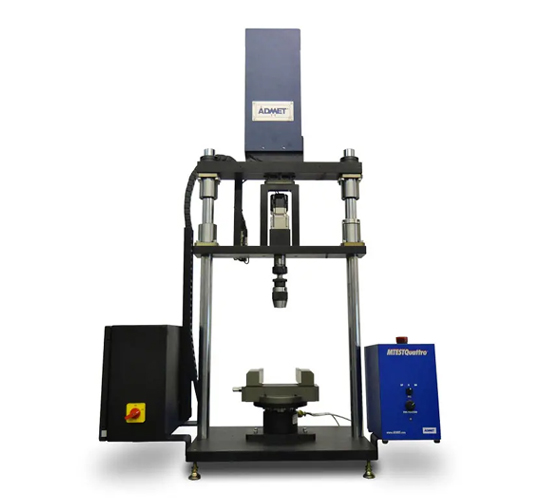
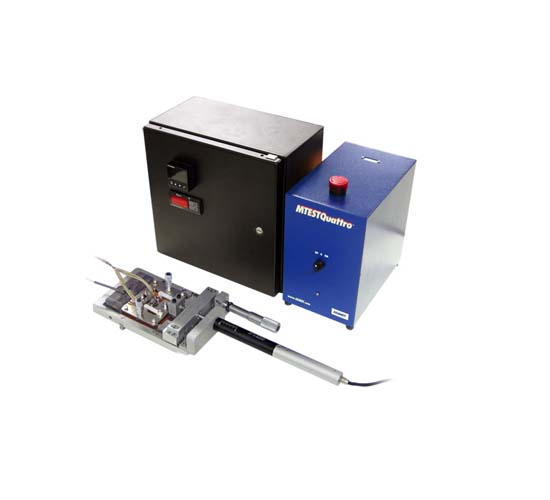
The ADMET Bio-Tense Perfusion Bioreactor is an advanced testing instrument designed specifically for tissue engineers and cell biologists to conduct high-resolution investigations in Mechanobiology. This next-generation device is engineered to provide precise and reproducible results, making it an indispensable tool for cutting-edge biological research.
Compatibility with Inverted Microscopes: The Bio-Tense bioreactor is designed to integrate seamlessly with the XYZ stage of an inverted microscope, allowing for real-time observation of biological processes.
Advanced Capabilities: Enables researchers to study a variety of complex biological phenomena, including:
This machine has already demonstrated its effectiveness in revealing critical insights into cell growth, ECM production, and motion dynamics, paving the way for advancements in biological science.
bio reactor testing machine, mechanobiology testing system, tissue engineering bioreactor, ADMET Bio-Tense, cell biology research instruments, customized bioreactor systems, extracellular matrix production, fibroblast growth studies.
The ADMET Bio-Tense Bio Reactor Testing Machine is an advanced testing system tailored for evaluating biomaterials’ mechanical properties under realistic physiological conditions. It is designed to simulate environments such as body temperature and humidity, ensuring accurate and reliable results for biomedical research and development.
This versatile system supports a wide range of tests, including tension, compression, and cyclic loading, making it ideal for analyzing soft tissues, scaffolds, hydrogels, and implantable medical devices. With ADMET’s MTEST Quattro Controller & Software, users benefit from precise control over testing parameters and real-time monitoring of results.
Compact in design and fully customizable, the Bio-Tense Bio Reactor enhances research efficiency while ensuring the reliability and performance of biomaterials for critical applications.
The ADMET Bio-Tense Bio Reactor Testing Machine is an advanced solution tailored to the needs of biomedical research, offering precise control, reliable data acquisition, and customizable features for a variety of applications in tissue engineering, material science, and medical device development.
The ADMET Bio-Tense Bio Reactor Testing Machine offers a comprehensive solution for researchers and manufacturers requiring meticulous mechanical testing in controlled biological environments.
The ADMET Bio-Tense Bio Reactor Testing Machine is a state-of-the-art system designed specifically for testing biological materials and soft tissues in controlled environments. It combines precise mechanical testing with a bioreactor environment, enabling researchers to evaluate the behavior and mechanical properties of biomaterials under physiologically relevant conditions.
Tissue Engineering:
Soft Tissue Testing:
Biomechanical Research:
Medical Device Testing:
Pharmaceutical Research:
Hydrogel and Scaffold Testing:
Vascular Tissue Testing:
Cartilage and Bone Research:
Dynamic Loading Studies:
In-Vitro Simulation of Physiological Conditions:
The ADMET Bio-Tense Bio Reactor Testing Machine is an indispensable tool for researchers and industries focused on the mechanical testing of biomaterials and soft tissues. By integrating advanced mechanical testing capabilities with a bioreactor environment, it enables comprehensive analysis and innovation in biomedical research, tissue engineering, and medical device development.
The ADMET Bio-Tense Bio Reactor Testing Machine is a specialized system designed for conducting tensile, compressive, and dynamic mechanical testing on biological tissues and biomaterials. It is ideal for applications such as mechanical property characterization, tissue engineering, and biomedical research.
The Bio-Tense Bio Reactor is designed to test a variety of biological tissues and biomaterials, including:
Key features include:
Real-time data acquisition and analysis software for seamless operation.
The system supports a range of testing modes, including:
These modes enable comprehensive evaluation of biological tissues under various mechanical conditions.
The Bio-Tense Bio Reactor is equipped with an environmental chamber that maintains controlled conditions such as:
Fluid circulation: Allows the use of nutrient-rich solutions to keep biological samples viable during extended tests.
The Bio-Tense Bio Reactor is widely used in:
Pharmaceutical development (e.g., drug delivery materials testing)
Yes, the Bio-Tense Bio Reactor integrates seamlessly with other ADMET material testing systems. It can share software and control platforms, making it a versatile addition for labs already equipped with ADMET systems.
Benefits include:
High repeatability and precision, ensuring consistency across tests.
The system comes with ADMET’s advanced testing software, which provides:
Integration with external sensors for additional measurements.
Yes, the Bio-Tense Bio Reactor supports dynamic testing, including:
Stress-relaxation and creep testing for time-dependent material behavior
The load capacity varies depending on the configuration but is typically designed to handle low-force applications suitable for biological tissues, ensuring precise and sensitive measurements.
To maintain optimal performance:
Update software to the latest version for improved functionality.
The Bio-Tense Bio Reactor stands out due to its:
Yes, ADMET offers customization options for the Bio-Tense Bio Reactor, including:
The Bio-Tense Bio Reactor typically includes a one-year warranty, covering manufacturing defects and hardware issues. Extended warranties and service plans may also be available.
